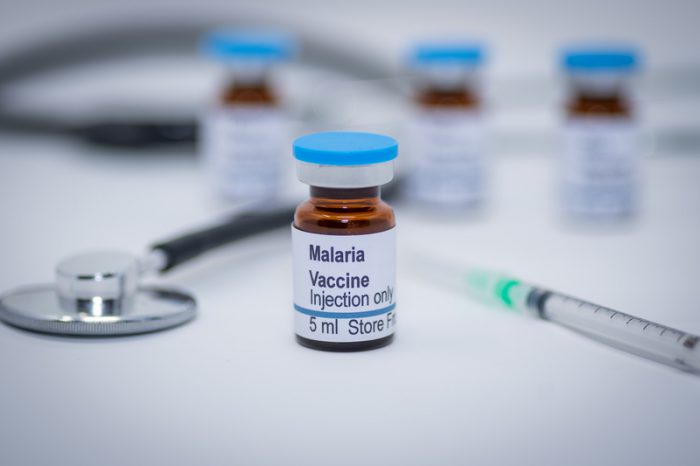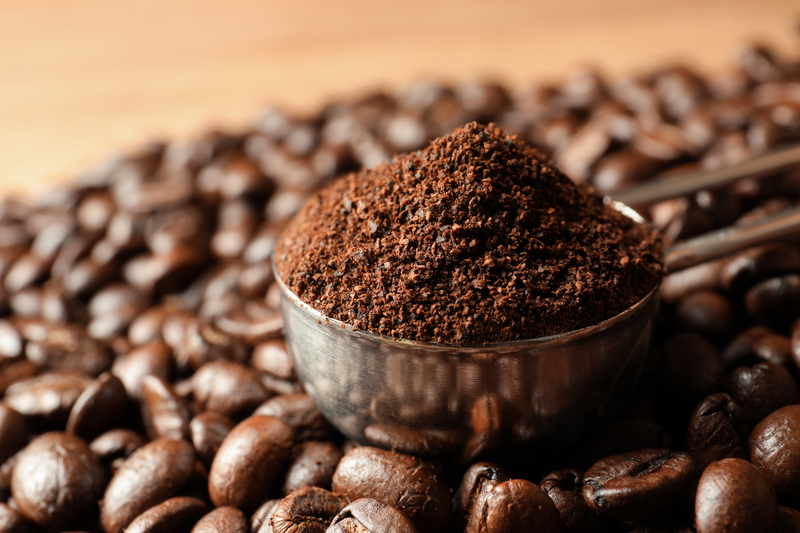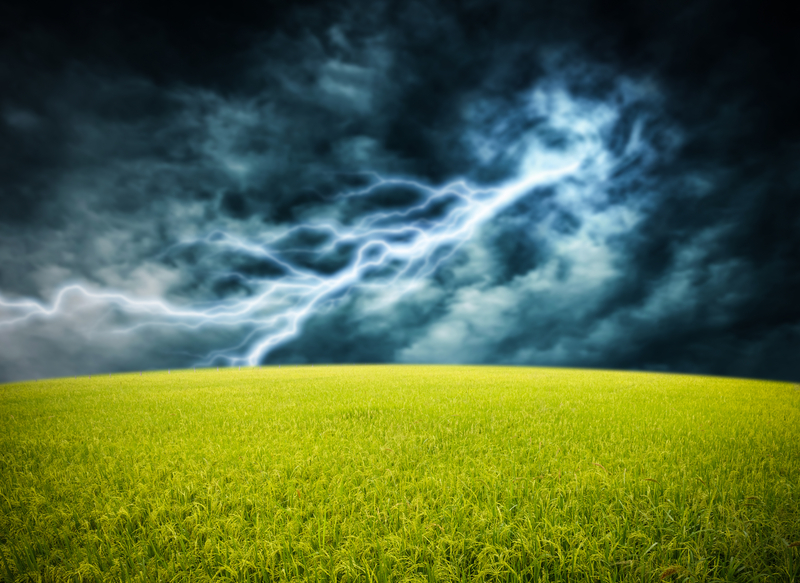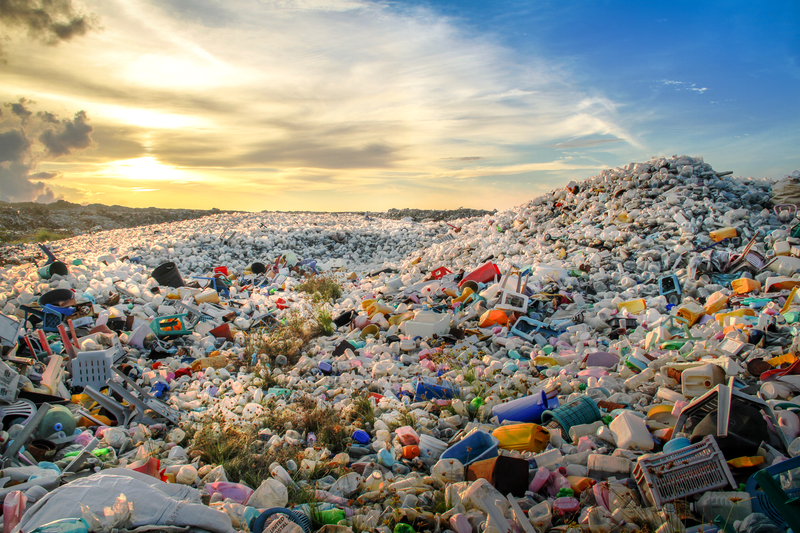May 1 to 16 is Science Odyssey, a celebration of all things science! OWLconnected is recognizing this two-week event with lots of science content, as well as with an amazing contest, presented by our friends at the Natural Sciences and Engineering Research Council of Canada (NSERC). Details are at the end of this post—be sure to enter!
Today, we're going to look at a new miracle of modern medical science and how it could help millions.
A different type of vaccine
As we enter the second year of the pandemic, the world is finally feeling a sense of optimism! The reason?
Vaccines.
But COVID-19 vaccines are not the only important vaccines out there right now.
Researchers from the University of Oxford have just announced that a new malaria vaccine has been proven to be 77 percent effective in a trial run of 450 infants. In addition, there were no adverse side effects (these are bad or unwanted problems). This news could be the game changer in the fight against one of the world's worst diseases.
What is a vaccine, anyway?
COVID-19 vaccines are just one of many types of vaccines out there. (Getty Embed)
Vaccines are medications that train your body to recognize and fight off particular infections.
Your immune system is already an impressive fighting force. It can identify most microscopic intruders, surround them, and kick them out of your body before you even knew they were there! And even when we do feel a little under the weather—sniffles, chills, fever—that's just your immune system kicking it into high gear to battle against the nasty invaders.
But even this fighting force has its limits. Sometimes, it faces an 'enemy' either too unknown or too powerful to handle. In these cases, it needs extra training. Which is what a vaccine provides. And each vaccine out there provides a different type of training, specifically designed to fight a certain disease.
What is malaria?
This mesh filter is made to place in tubes to keep mosquitos out of homes. (Getty Embed)
Malaria is an infectious disease carried by mosquitoes. When a mosquito with malaria bites a person, it releases the disease-causing parasite into the bloodstream. Within about two weeks, the person can become very sick.
Though not common in North America and Europe, it is one of the worst diseases in much of Africa and parts of southeast Asia. Worldwide, there are about 220 million infections a year, resulting in around 400,000 deaths annually.
How do people currently fight malaria?
Campaigns to stop malaria are part of global efforts to defeat the disease. (Getty Embed)
So far, there are two approaches to fighting malaria. The first is prevention. Eliminate areas with standing water, which is where mosquitoes breed, and sleep under mosquito nets to avoid being bitten.
The second is treatment. Certain drugs are effective in helping those sick with malaria fight the disease.
Why do we need a vaccine?
Though malaria drugs can be effective, they are not always available to those who need them. Also, some newer strains (types) of malaria are resistant to these drugs. And around 67% of malaria deaths worldwide are children under five—the drugs do not protect young children as well. Young people don't have strong immune systems either. So they need a better defence against the disease. They need a vaccine.
How have vaccines helped before?
This images are from campaigns in the 1960s to encourage people to take the then-new measles vaccine. (Getty Embed)
Vaccines have already made once common and fatal diseases like smallpox, polio, and diphtheria mostly a thing of the past. These vaccines are currently given out to millions of infants and children a year to train their bodies to recognize and fight off these diseases. Imagine if we could add malaria to that list?
As the minister of health in Burkina Faso, Professor Charlemagne Ouedraogo put it, "That would be an extremely important new tool for controlling malaria and saving many lives."
Will this be the vaccine?
A reliable malaria vaccine has been tough to develop. Researchers have been trying since the 1940s! That's what makes this new vaccine news so exciting.
Seventy-seven percent effectiveness is promising. If, for example, a vaccine that effective was given to all kids in Africa the same way babies currently receive a polio vaccine, malaria could possibly disappear within a couple decades. And as much as the vaccines for COVID-19 have been a global priority, malaria killed four times as many Africans last year than the coronavirus did.
Here's hoping that this proves to be the cure that so many are hoping for.
Contest alert
Don't forget to enter the Science Odyssey Contest! Click HERE TO ENTER.

 Getting a reliable, safe malaria vaccine would save hundreds of thousands of lives a year. (Photo
Getting a reliable, safe malaria vaccine would save hundreds of thousands of lives a year. (Photo 








